OUR JAPAN LANGUAGE BASE STUDY VISA
We are a Leading Student Visa Consultants and provide Language Base Japan Visa in just 25 lac budget. We apply in different language schools in Tokyo. Every school has their own criteria. Being Capital of Japan, there are many bigger opportunities for students in Tokyo. Students can get many job opportunities there to afford their expenses during their studies. After completing their studies, they can either apply for higher studies or convert their visa into work visa if they get a sponsored job.
As it is a 2 Years Language Program, so they get 2 years study visa. For students with Intermediate Qualification, there are not professional jobs available, therefore, they have to do labour jobs after their language program completion. Students will have to complete higher studies (minimum Bachelors) in Japan if they look for professional jobs and can extend their visa into study base visa.
“WORKING HOURS DURING STUDY”

4 hours per day and 28 hours per week work is allowed to students.
“REQUIRED DOCUMENTS”
- Passport
- ID card copy
- Family Registration Certificate (FRC)
- Minimum Qualification is Intermediate (FA Pass)
- Any Percentage can be Processed
- All Other Higher Degrees Can Also be Processed
- Gap From Last degree should be less than 5 years
- Experience Letters or Courses to cover the gap (if any)
- Sponsor Documents (Only Family Members):
- ID card copy
- Business Registration Certificate (NTN)
- 2 years tax returns
- Affidavit ( Rs.100 stamp paper)
- FRC (to show relation of a relative if not parents and siblings)
- 1 year Bank Statement of minimum 40 Lac
- You can add fresh amount when needed
- Account Maintenance Letter is required
- Need to hold in bank for the period of 4 months minimum.
“TOTAL EXPENSE”
The total expense for Japan Language Based Study Visa is 2500,000 pkr.
We take amount in 2 parts.
1.Application Processing Fee:
At the 1st step, to initiate the process, we will take 235,000pkr (Non-Refundable) which is divided as follows:
- Language course fee= 150,000/- for 3 months course in Pakistan (Online Classes)
- Admission Application Fee = 55000/-
(we apply in more than one schools to give you 100% admission garauntee)
- Documents Translation Fee = 30,000/-
NOTE: All this fee (Total 235,000/-) is applicable before getting Certificate of Eligibilty (COE) from Japan Immigration office and is non-refundable.
- Visa Processing Fee:
At 2nd step of the process, we take 22,65,000pkr (Refundable). This fee includes:
- 1 Year Tuition Fee= 15 Lacs
- Consultation Charges= 4 Lacs
- Fee Transfer Charges= 1 Lac
- Miscellaneous Service Charges= 2 Lacs
NOTE: All this fee is charged after getting COE from Japan and is refundable (you have to bear fee transferring charges from Pakistan to Japan and again returning from Japan) if you do not get visa due to any reason.
“WHAT IS THE WHOLE PROCESS?”
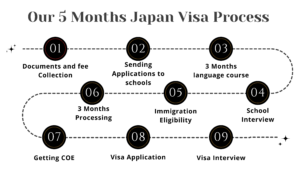
The whole process consists of 5 months. 3 months for Online Language Course Learning and 2 months for Visa and Admission Process.
- We start the process by collecting your Documents and Application Processing fee. We’ll initiate your language course and, in the meantime, fill out your application forms and send your documents to schools. The schools will assess your eligibility and if meet the eligibility criteria, they will conduct a very basic and easy Interview. No technical questions are asked.
- After selection from school, we’ll send your documents and school admission letter to Japanese immigration office. At this point, we’ll need your bank statement and you can add fresh balance to your account. After 3 months of processing, immigration office assesses your documents and deeply observes your financial stability. If there is no fault in any document and financial stability, they will issue a Certificate of Eligibility (COE). Then you are allowed to enter in Japan as a student.
- After getting COE, we can apply for your visa. We fill out visa application forms get and all the necessary documents and book your appointment either at Embassy or Visa Facilitation Centre.
- It may take 2 to 3 weeks to get an appointment. Then in the embassy you maybe asked some questions. If got selected, they can issue you Japan Study Visa within one week after the appointment.
- Then you can book your ticket at any time before the start of classes.
NOTE:
- We can arrange your school interview after 3 months of language course during which your eligibility is assessed in Japan Immigration office instead of interview before immigration assessment. In this way, we can save your time if you come on urgent basis.
- We recommend you to match all the documents to ensure that you’ve mentioned same income and bank balance that corresponds to that income. Irrelevant documents lead to visa rejection.
- Make sure to hold your amount in your bank until you get visa, otherwise you may face rejection.
“BENEFITS OF WORKING WITH US”
- We will write your statement of Purpose without additional charges.
- We will fill out your whole application for school and send your fee without additional charges.
- We will prepare your visa file without additional charges.
- We can process all paper printings without additional charges.
- We respect student’s time and financial problems, hence, we work our best to ensure visa approval.
- We offer 2 times visa processing on the same fee if got refused due to any reason.
- We assess all your documents and information and ensure that everything should correspond with each other and no documents seems illegal and unauthorized or fake.
- We work Legally and Follow all legal rules.
- Our Visa ratios are always positive because we work only for those visas which have a very low risk of 1% only.
- We Provide only Japan Study Visa and Hungary Study Visa.
- We have dealings with certain schools and so you don’t have to worry about your admission process at all.
- There are no admission tests prior to admission and only basic personal interview is conducted to assess your language knowledge.
- We will guide you at each step of the process and help you with school and embassy interviews.
- We will provide you with all the main and important questions of the interviews.
- We can reserve your seat in a school hostel if you enrol early.
“WHAT WE DON’T OFFER”
- We do not provide any fake document.
- We do not make any adjustments to cover gap of more than 5 years.
- We do not provide bank statements (as only blood relatives can be sponsors).
- We do not provide work visa.
- We do not provide study visas in UK, US, Australia and Canada as their visa ratios are very low with 60 to 70% risk.
- We only enrol in language program in Japan and do not provide admission in Bachelor’s and Master’s Program.
- We do not enrol in a January intake as it is not offered to Pakistani students.
- We do not find accommodation for you in a 25lac budget, so, you have to pay the hostel charges separately.
Book an Appointment with Us:

If you need any help regarding application process and got any query, feel free to contact us. We are your true companions and we respect our dignity.
IF YOU FULFILL ALL REQUIREMENTS, ENROLL Yourself NOW to take you to next Step.
If you want to know about how to apply for japan, click here.




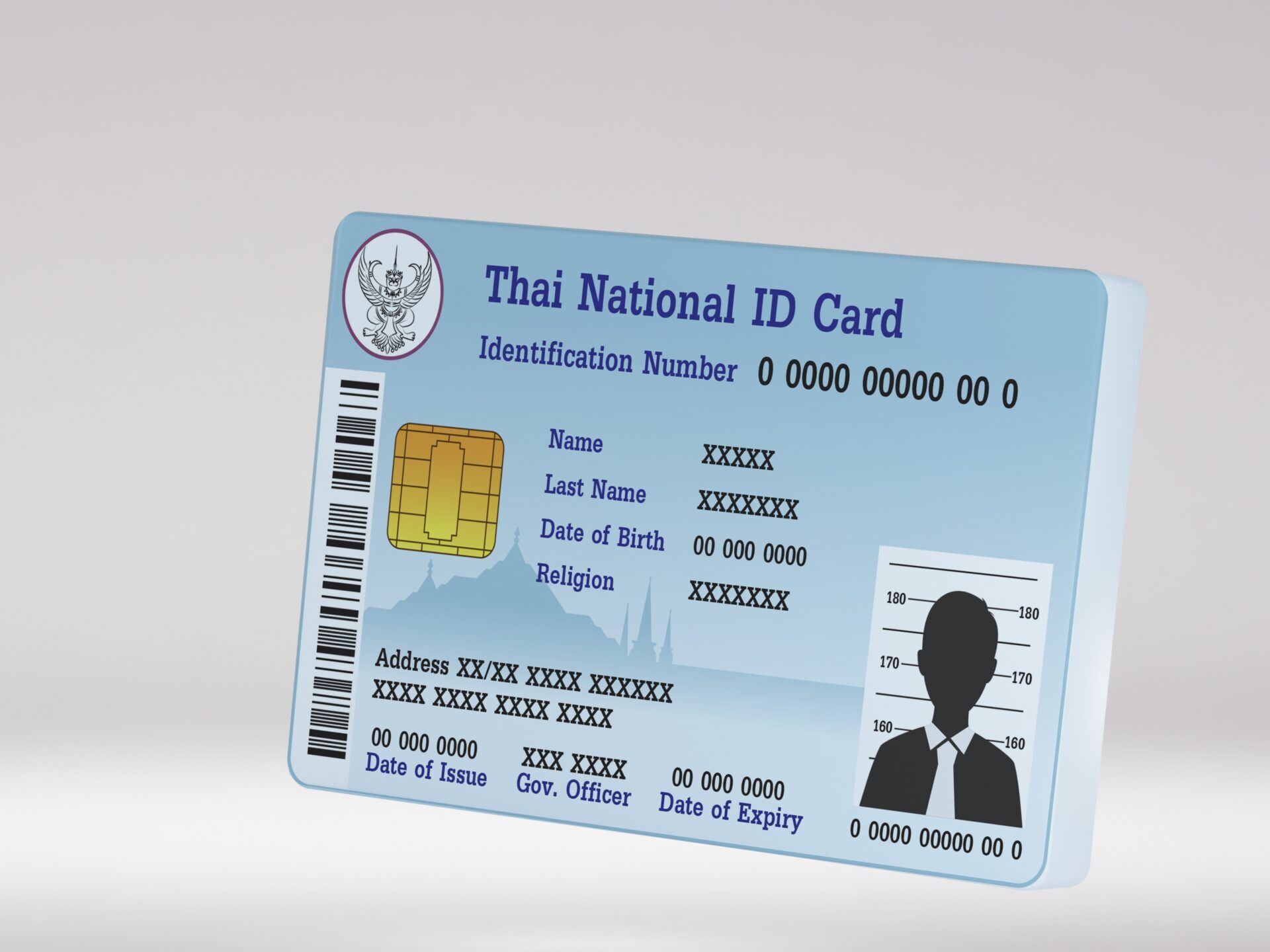
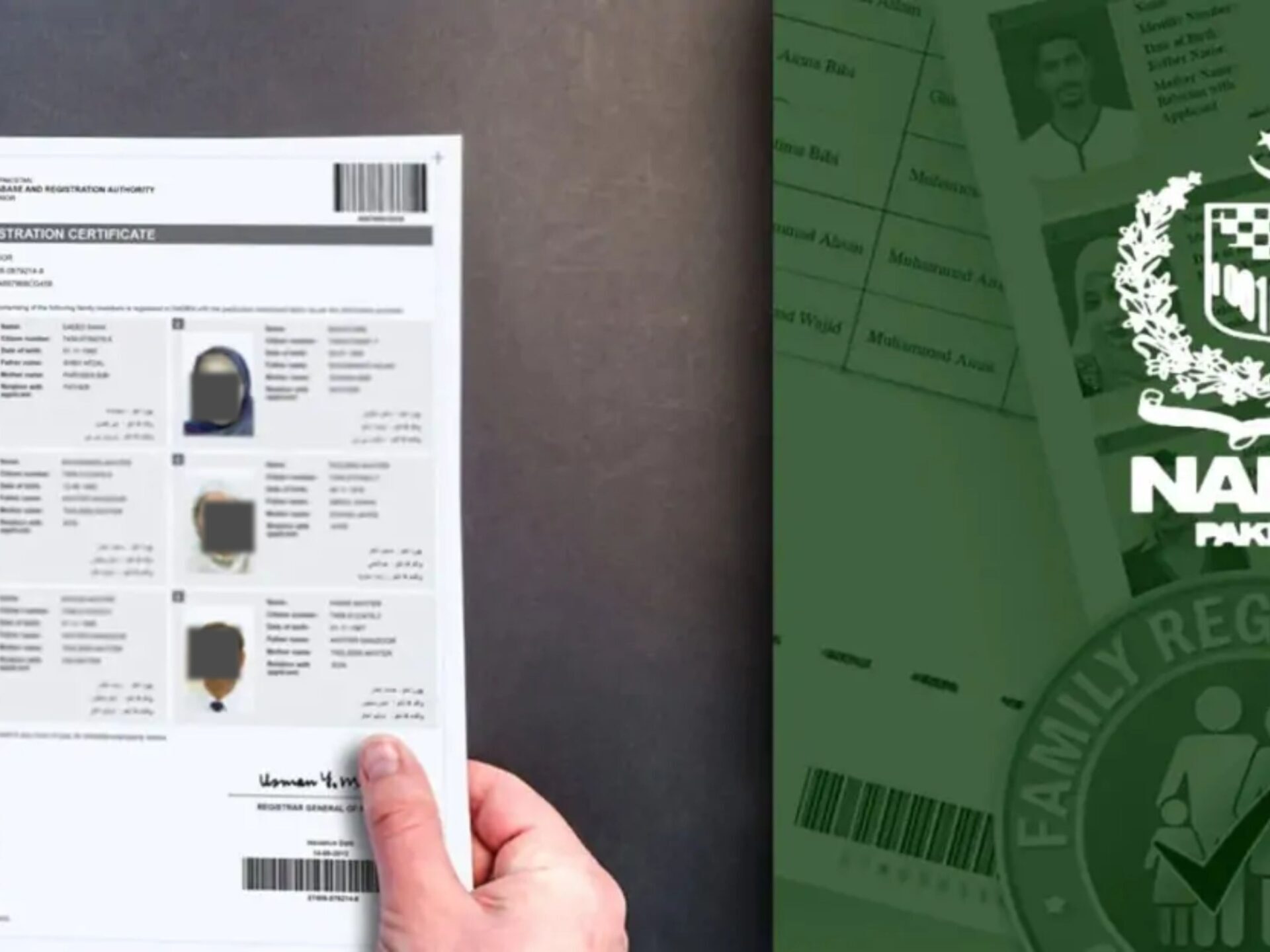


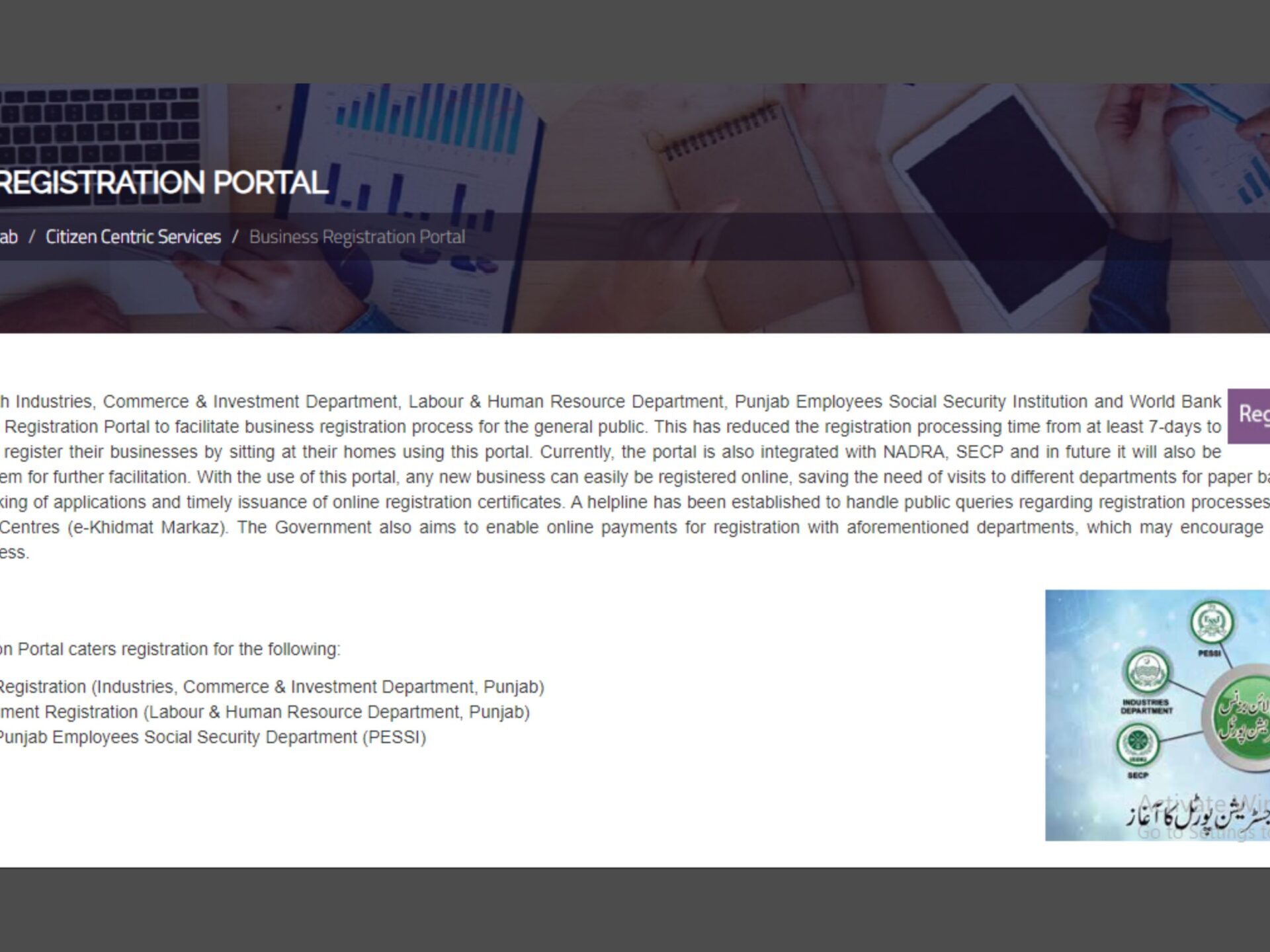


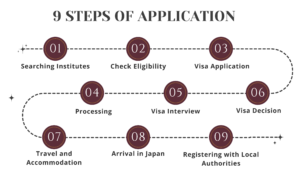



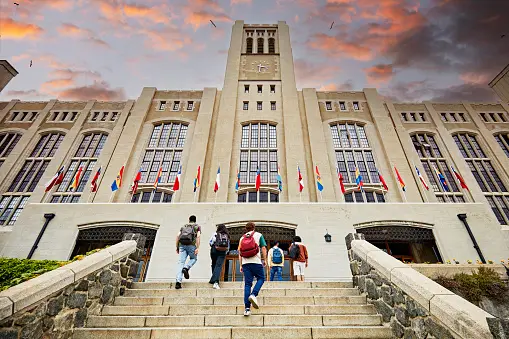

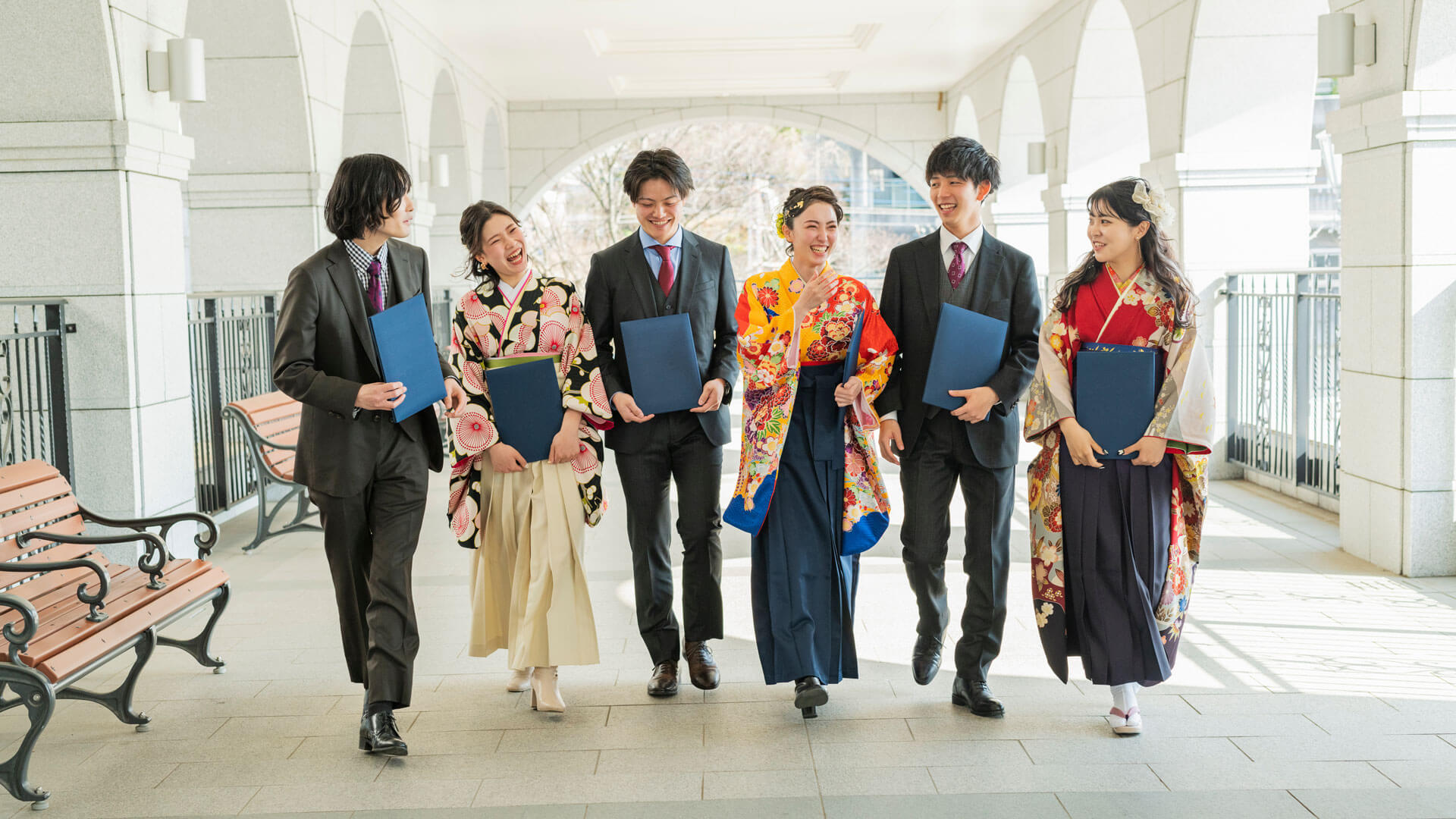





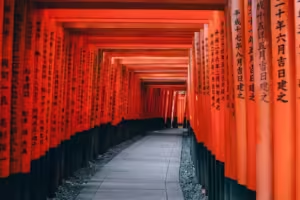

 The Highly Skilled Professional Visa offers preferential treatment, including a points-based system for eligibility and a streamlined application process.
The Highly Skilled Professional Visa offers preferential treatment, including a points-based system for eligibility and a streamlined application process.